Description
Absolutely, I’ll be happy to help you with an article about Vitamin C! Here it is:
Title: Vitamin C: The Ultimate Guide to Everything You Need to Know
Introduction:
Vitamin C, also known as ascorbic acid, is a water-soluble vitamin that is essential for human health. It is a powerful antioxidant that plays a critical role in maintaining the health of our skin, blood vessels, tendons, ligaments, and other supportive tissue. Vitamin C is also necessary for the production of collagen, a protein that helps to heal wounds and keep our skin looking youthful and vibrant.
Benefits of Vitamin C:
- Boosts Immune System: Vitamin C is crucial for the proper functioning of the immune system. It helps to strengthen the body’s defenses against infections and viruses, and it can also reduce the duration and severity of the common cold.
- Promotes Skin Health: Vitamin C is vital for the production of collagen, a protein that helps to keep our skin looking young and healthy. It can also reduce the appearance of wrinkles, fine lines, and age spots, and it may even protect against skin damage caused by the sun.
- Prevents Chronic Diseases: Vitamin C is a powerful antioxidant that can help to prevent chronic diseases such as heart disease, cancer, and diabetes. It does this by neutralizing free radicals, which are unstable molecules that can damage cells and lead to chronic diseases.
- Improves Iron Absorption: Vitamin C can help to improve the absorption of iron from plant-based foods, which is essential for maintaining healthy blood levels.
- Reduces Inflammation: Vitamin C has anti-inflammatory properties, which can help to reduce inflammation in the body and alleviate symptoms of conditions such as arthritis and asthma.
Food Sources of Vitamin C:
Vitamin C is found in a wide variety of fruits and vegetables, including:
- Citrus fruits, such as oranges, grapefruits, and lemons
- Berries, such as strawberries, blueberries, and raspberries
- Tropical fruits, such as pineapple, mango, and papaya
- Vegetables, such as broccoli, spinach, and bell peppers
Recommended Daily Intake:
The recommended daily intake of Vitamin C varies depending on age, sex, and life stage. Here are the current recommendations:
- Infants 0-6 months: 40 mg/day
- Infants 7-12 months: 50 mg/day
- Children 1-3 years: 15 mg/day
- Children 4-8 years: 25 mg/day
- Children 9-13 years: 45 mg/day
- Teenage boys 14-18 years: 75 mg/day
- Teenage girls 14-18 years: 65 mg/day
- Adult men 19 years and older: 90 mg/day
- Adult women 19 years and older: 75 mg/day
- Pregnant women 14-18 years: 80 mg/day
- Pregnant women 19 years and older: 85 mg/day
- Breastfeeding women 14-18 years: 115 mg/day
- Breastfeeding women 19 years and older: 120 mg/day
Conclusion:
Vitamin C is a vital nutrient that plays a critical role in maintaining our health and well-being. By incorporating foods rich in Vitamin C into our diet, we can enjoy all the benefits that this powerful antioxidant has to offer. Whether we are looking to boost our immune system, promote skin health, or prevent chronic diseases, Vitamin C is an essential part of a healthy and balanced diet.


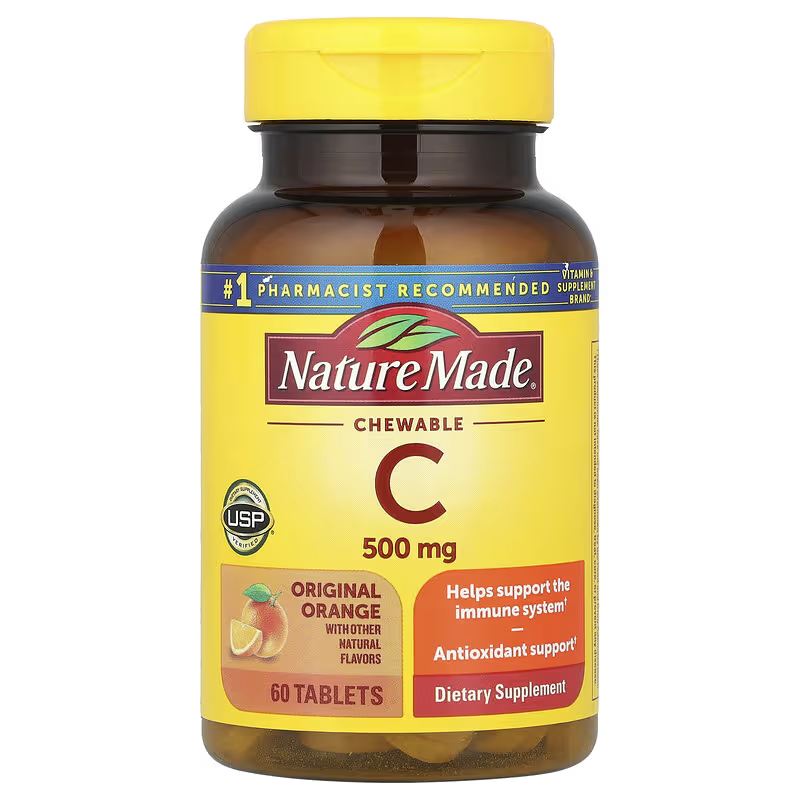
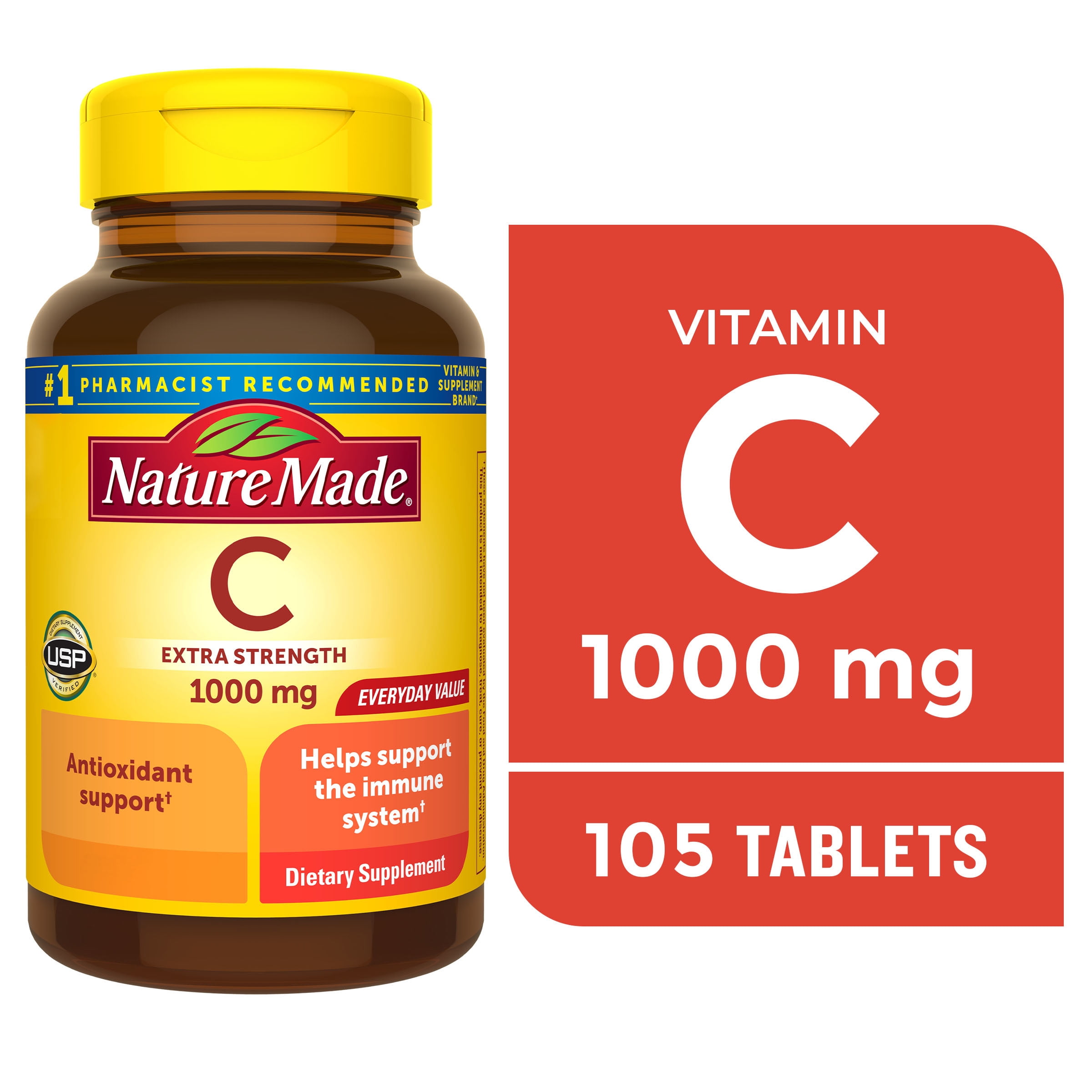
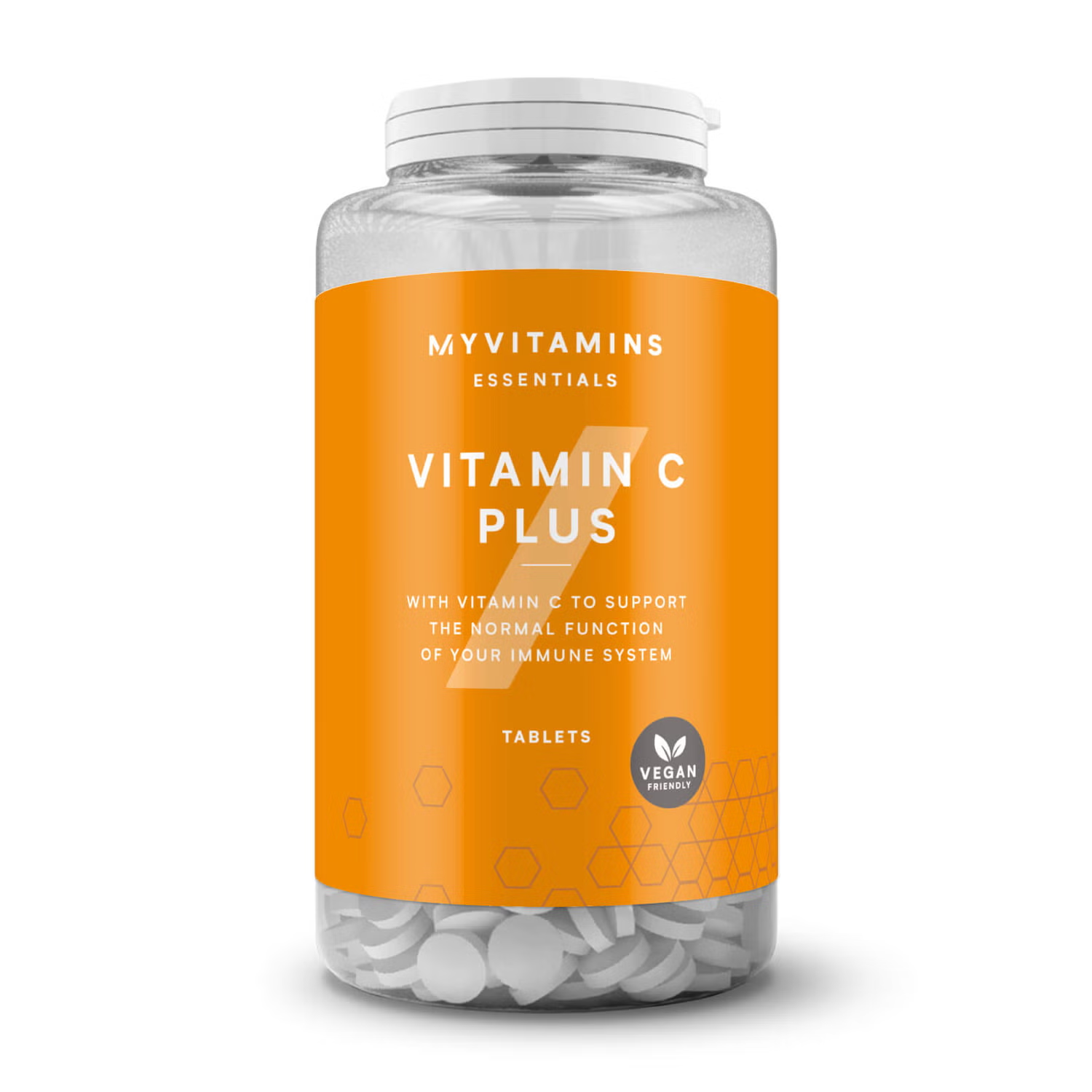
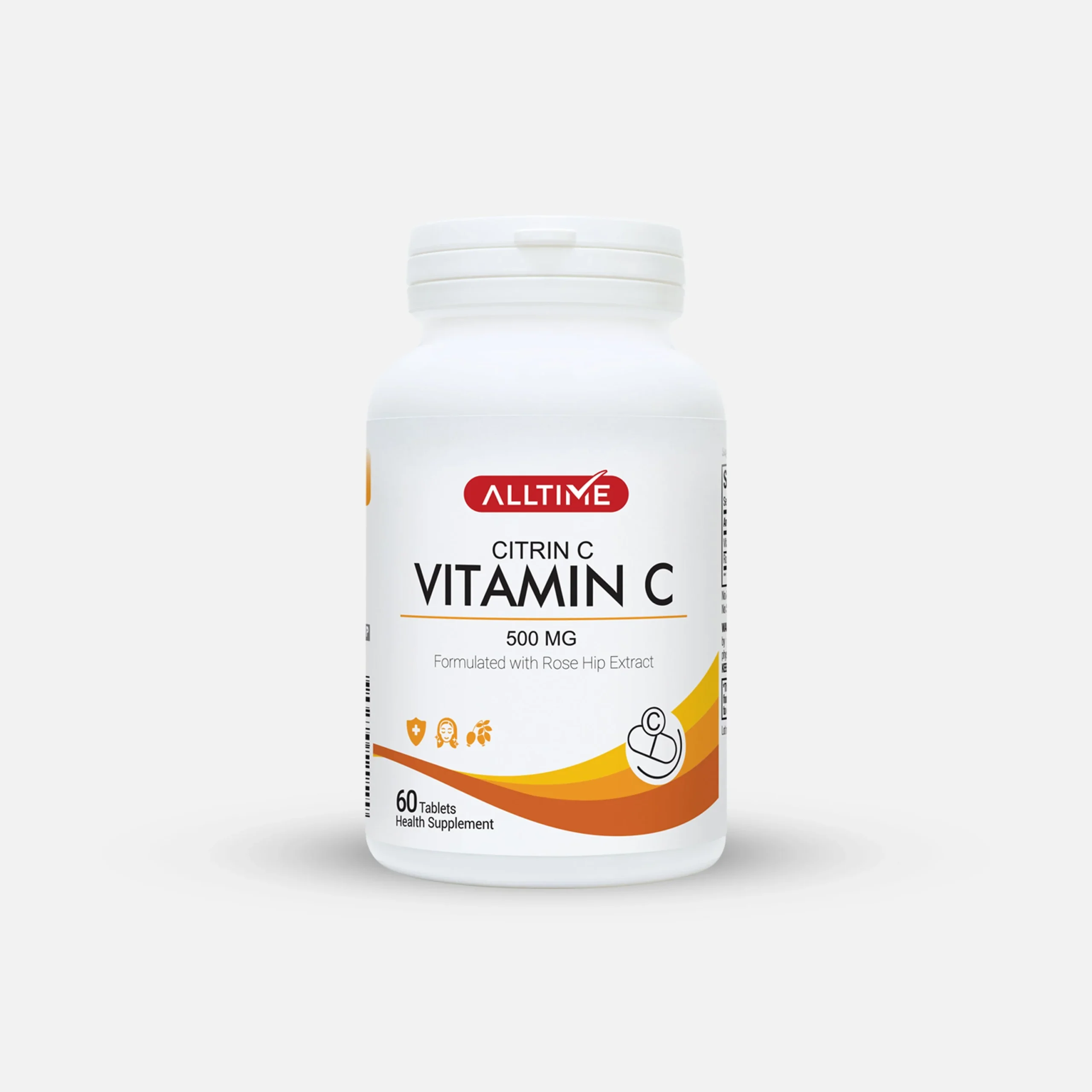
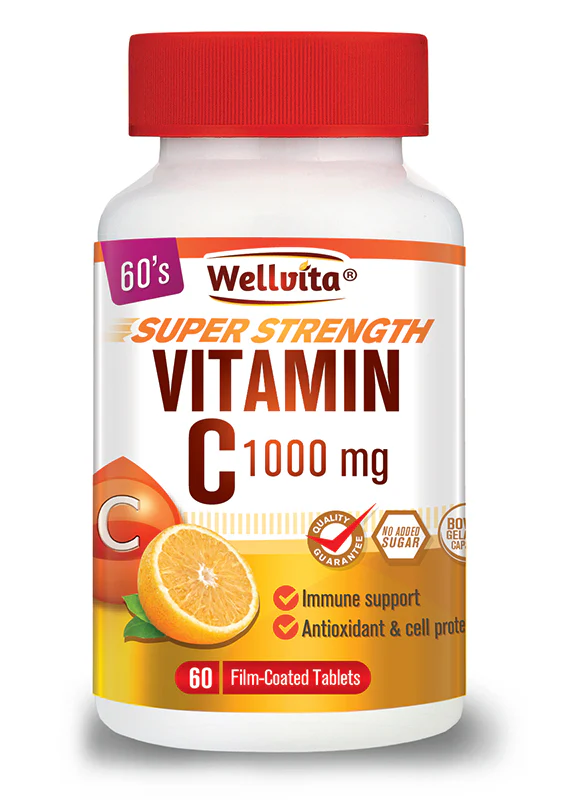
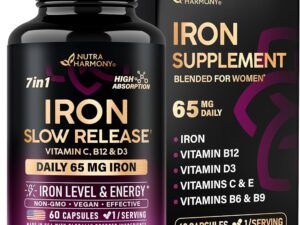
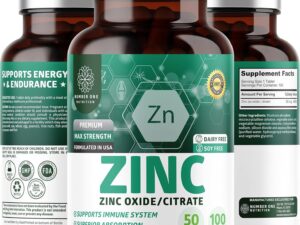


Reviews
There are no reviews yet.